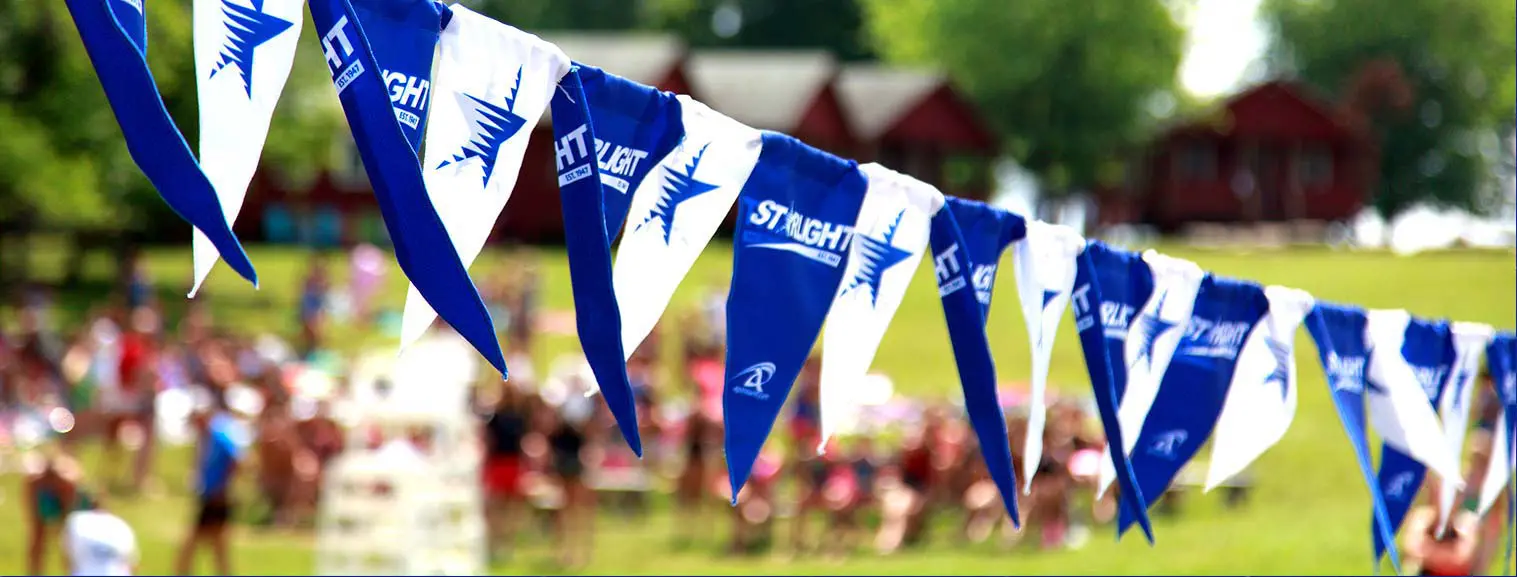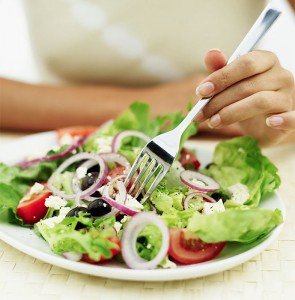
Everyone that arrives at summer camp leaves with a profoundly changed outlook on life. Like many camp counselors, I expected to learn a lot from the experience. What I didn’t expect was for so many of the things I learned to come from my campers!
It turns out being a role model can be a two-way street. If you’re looking to become a counselor yourself, here are a few of the things you can expect to learn from your campers:
1. You get what you give
Campers demand a ton of energy, and keeping up with the day’s activities — all while being positive, enthusiastic, and with an eye towards safety — can be totally exhausting. Something new happens every day, and greeting new challenges with a smile makes all the difference.
Show up to an activity expecting to be bored, and you’re sure to be bored. Show up ready to give it your best shot, and the fun is guaranteed!
2. Respect is more important than agreement
I’d be lying if I told you I always agreed with everyone at camp. That would be impossible! However, I soon started to notice that the campers who were having the most fun were the ones who treated their peers with respect — even if they didn’t want to be BFFs with them. Campers who refrained from poking fun at someone, even behind their back, always came to the end of the summer with tons of friends and a big smile on their face.
I resolved to start being more conscious about showing respect to my fellow counselors; and the results were incredible! I never even realized how much negativity you can let go when you simply cut out the gossip and “agree to disagree.” This one lesson was worth the whole summer!
3. You can always do more than you think
Camp teaches you how to manage time better than any class. After all, if you can’t keep track of your own life, how are you going to keep track of all your campers?
Life at camp quickly taught me that I was never as busy as I thought I was; I just needed better organization. It’s easy to say “it’s too much” or “I can’t do that” in regular life, but at camp there’s no option: you simply have to show up, rain or shine, and give it your best shot.
4. Laughing makes everything better
It’s scientific fact that smiling makes your mood better, even if you have to “fake it till you make it” at first.
On the one hand camp is full of variety, but on the other sometimes you have to buckle down and do the same activity week after week and make sure it feels “fun” every time. Seeing the campers’ faces light up when we jumped into a new activity kept it fresh for me. When I started smiling even during the activities I didn’t feel like doing, the activities became fun again!
Now I use this technique every day in my “real life,” and it always helps make tasks like laundry day or preparing reports at work feel “fresh” again!
5. It’s okay to say “I don’t know”
Being a summer camp counselor is often a counselor’s first experience as an authority figure. When you’re barraged with questions all day, it’s frustrating at first when you don’t know the answer.
You’ll quickly learn that campers don’t mind if you don’t know everything; in fact, they don’t expect you to. Saying “I don’t know… but let’s find out” is much more exciting than the alternatives, and it shows them that you’re human too.
6. Including everyone makes life more fun
Sometimes there’s a camper who just doesn’t want to do anything. The food isn’t fried enough, the activities aren’t fun enough, and the campfire isn’t “cool” enough. Including everyone in activities is really challenging at first, especially when it means you have to be extra-committed to keep the energy flowing. But something magic happens when you insist on everyone playing together: that camper’s finally joins in, and before you know it they’re having the time of their life! The first time you make that change in a camper’s attitude will change your outlook forever.
7. You’re remembered for the little things
There’s a saying that we’re remembered for our mistakes, not our successes; but I disagree. At camp, as in life, it’s the little things that make your legacy. That time you brought a sick camper their favorite dessert from the dining hall, even though they didn’t ask? They will never forget. Anyone who’s been to summer camp knows it’s the little kindnesses that make the biggest difference.
8. It’s okay to be alone sometimes
Camp is all about togetherness, but sometimes a little alone time is just as important. Camp helps everyone grow by making them learn to ask for it when they need it, but sometimes campers don’t know how to do that and get frustrated. As a counselor, your job is to step in and help them get everything they need to have a great experience. Learning to recognize when campers need alone time and when they need team time is a subtle skill that will radically change your life outside camp.
9. Always pack more socks
This last lesson may be the most important of all! No one ever packs enough socks. They get dirty, they get lost, and you always need more than you think. And yes, you definitely need a comfy pair for lounging around the cabin!
Keep an open mind and have a great summer
Summer camp is as much about learning as it is about fun. When your campers speak, keep your ears open; you just might learn something!








